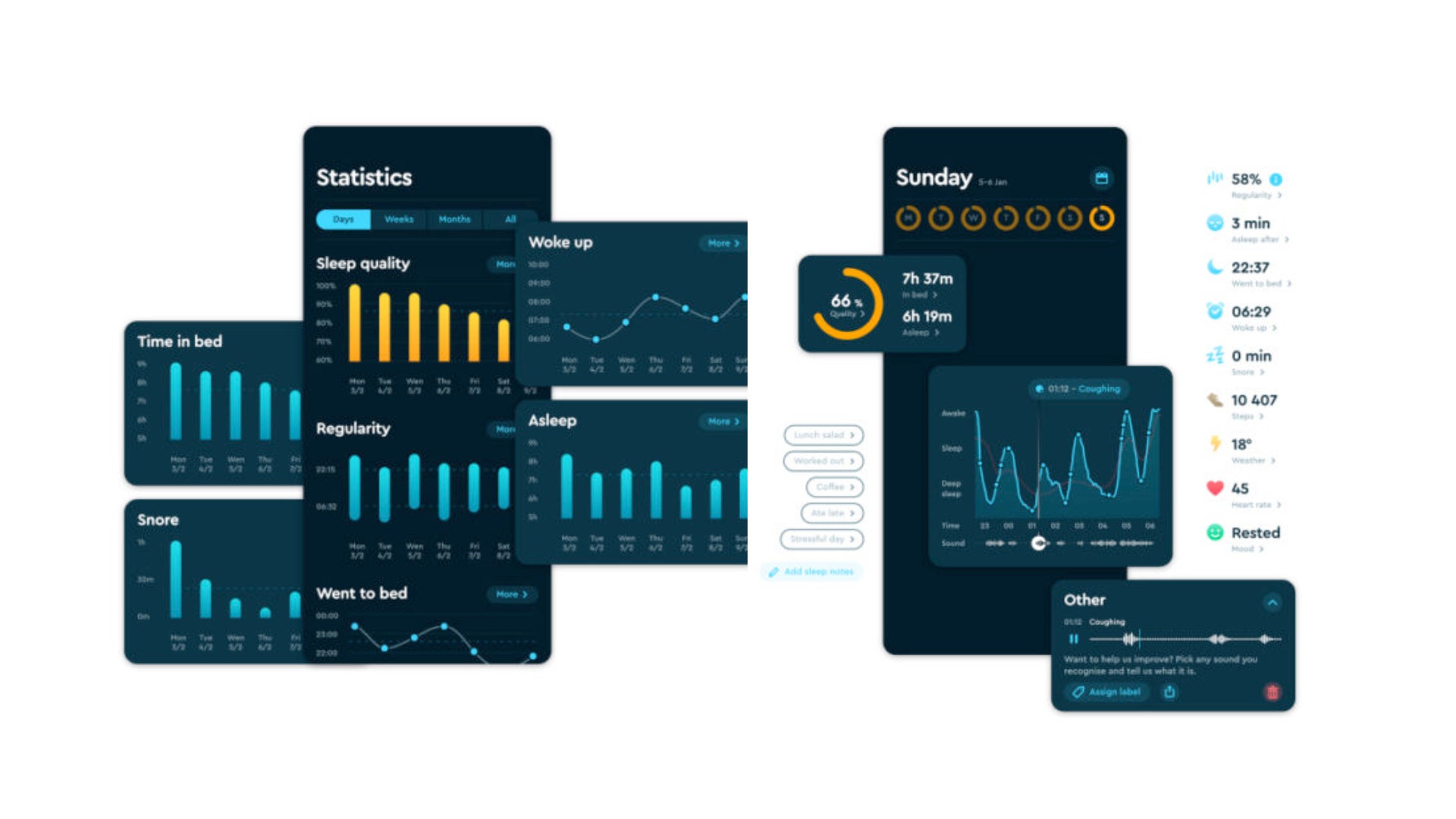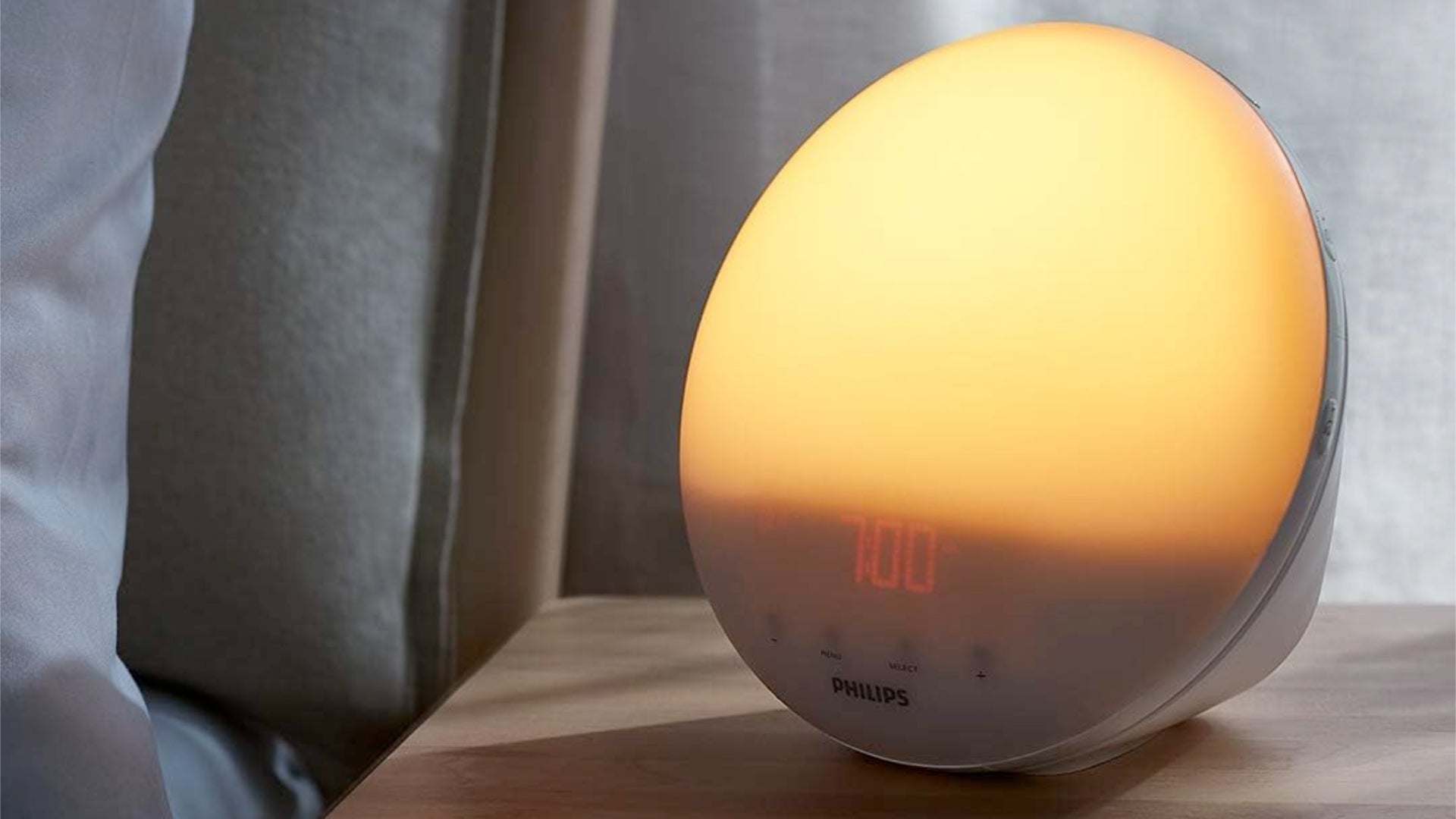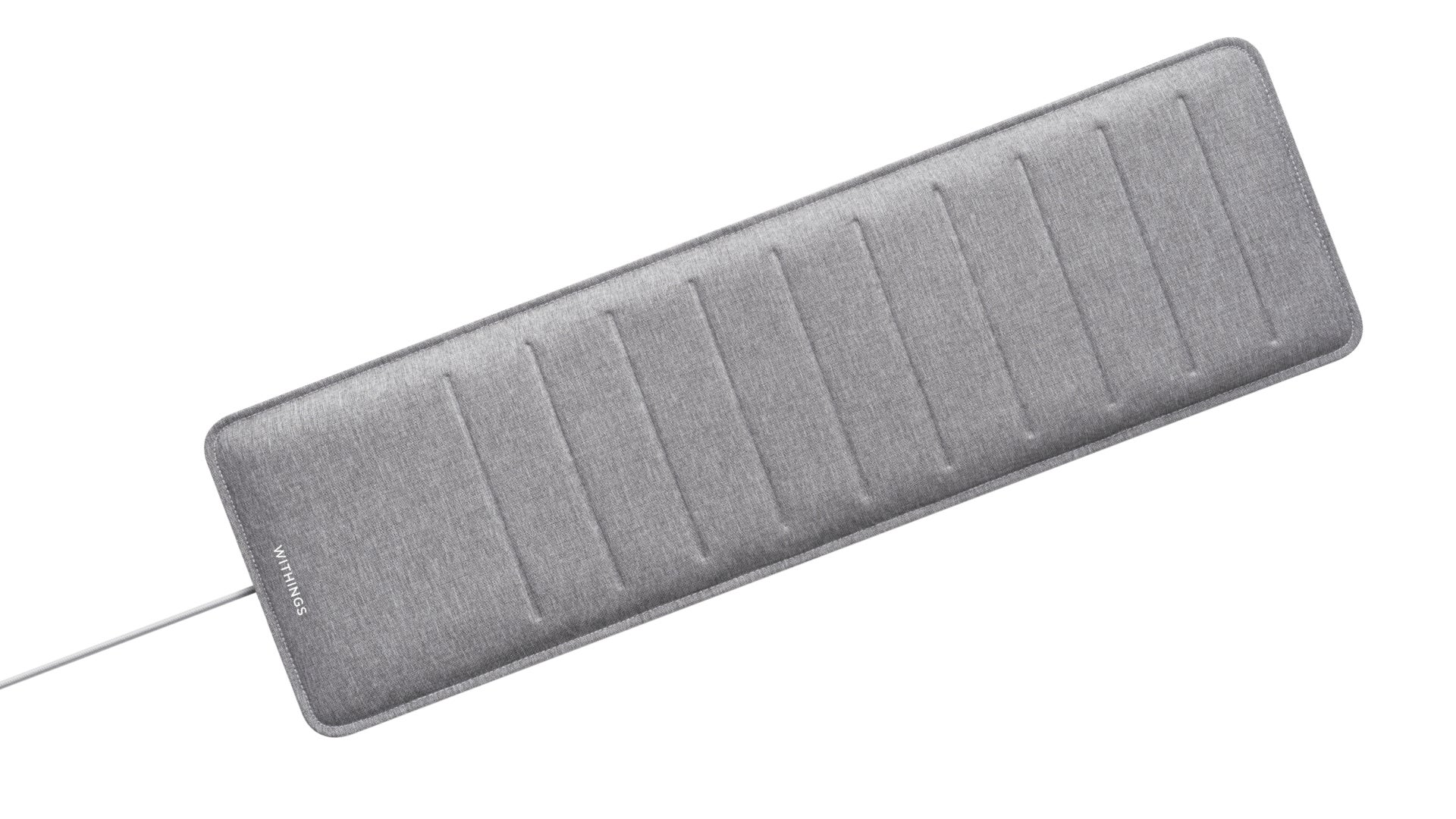
Support truly
independent journalism
Our mission is to deliver unbiased, fact-based reporting that holds power to account and exposes the truth.
Whether $5 or $50, every contribution counts.
Support us to deliver journalism without an agenda.

Louise Thomas
Editor
Tech has had its eye on our sleep patterns for ages – while that might sound sinister, it really just means that if you’re hoping to make your sleep routine a little more reliable (and healthier), there are a bunch of tools that might just be able to help.
From apps to gadgets and trackers, we’ve gathered five of the best ways to change up your sleep.
These should help you get deeper sleep, smoother wake-ups, or even just to be more aware of how you’re sleeping – whether you want a wearable tracker or something that you don’t even have to think about.
1. Sleep Cycle

There are countless apps out on the market that help people both track their sleep and find healthier patterns to feel more rested, but Sleep Cycle is consistently one of the best-rated and most popular. It uses your phone’s microphones to listen in on you as you sleep, and uses your breathing and movement to track your rest.
From this, it’s able to build an alarm clock function that will choose moments in the window you set when you’re not as deeply asleep – these will be when it wakes you up, making it feel a whole lot less jarring. With background noise options to help you get to sleep in the evening, it can be a one-stop shop for better Z’s using just your phone.
There is a free version of Sleep Cycle, but if you want to get the most out of it, your best bet is to sign up to the premium subscription (£34.99 a year).
2. Sunlight clocks

Speaking of waking up in a less jarring way, loads of people have cottoned on to the benefits of sunlight alarms. These clocks essentially have powerful lights built into them, which can slowly brighten from very dim to mimic the sort of direct light you get from the sun, eventually becoming bright enough to wake you up without the need for an audible alarm.
The reverse can also work as they slowly dim at night-time, to make getting to sleep a more gradual process for your eyes, and plenty of sleepers now swear by them. Philips (which makes so many smart lights under its Hue banner) has one of the best examples on the market, in the form of the SmartSleep Wake-up Light (currently priced at £151.99, reduced from £169.99).
3. Eight Sleep
If you want something a little more involved to make your sleep easier, this is pretty much as extreme as it gets. Eight Sleep effectively makes smart mattress covers – they connect to a large bedside pod that is able to heat and cool each half of your double bed independently.
This means that someone who likes the bed hot can sleep next to someone who prefers it cold without any issues, and each can be completely comfortable. It’s a bit of a game-changer and has won over many a tech YouTuber, although there’s no getting around the fact that it’s a super-pricey option. Its last-generation covers start from £2,495, while newer versions begin at £2,699.
4. Apple Watch Ultra
For anyone with an iPhone, Apple is the default choice for a wearable that can track your fitness and health metrics – but for a long time the Apple Watch has struggled to last 24 hours on a charge, making sleep tracking a tough one.
Now that the Apple Watch Ultra (and the follow-up Ultra 2) is out, though, you can finally get an Apple Watch that lasts multiple days, making overnight sleep tracking way simpler. Apple’s tracking is simple to digest and integrates with the Health app really cleanly, making this a brilliant way to pay more attention to how much rest you get each night – but it’s not cheap, with the Ultra 2 priced at £799.
5. Withings Sleep Analyzer

If you don’t want to wear anything while you sleep and Eight Sleep is outside of your budget (as it will be for most people), the health tech gurus at Withings have a great tracker that feels like a middle ground.
The Withings Sleep Analyzer is a slightly inflated pad that you slip under your mattress on the side of the bed you sleep on. It uses its chambers to track your movement, breathing and heart rate throughout the night, and then compiles really accurate sleep reports for you to review. With the ability to detect snoring, apnea and more, it can be a really valuable addition that requires nothing from you once you’ve set it up, and costs £129.95.







